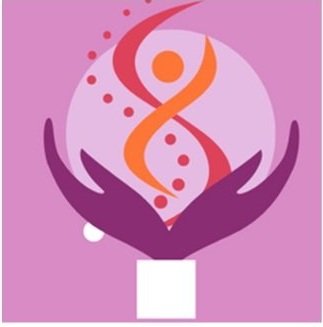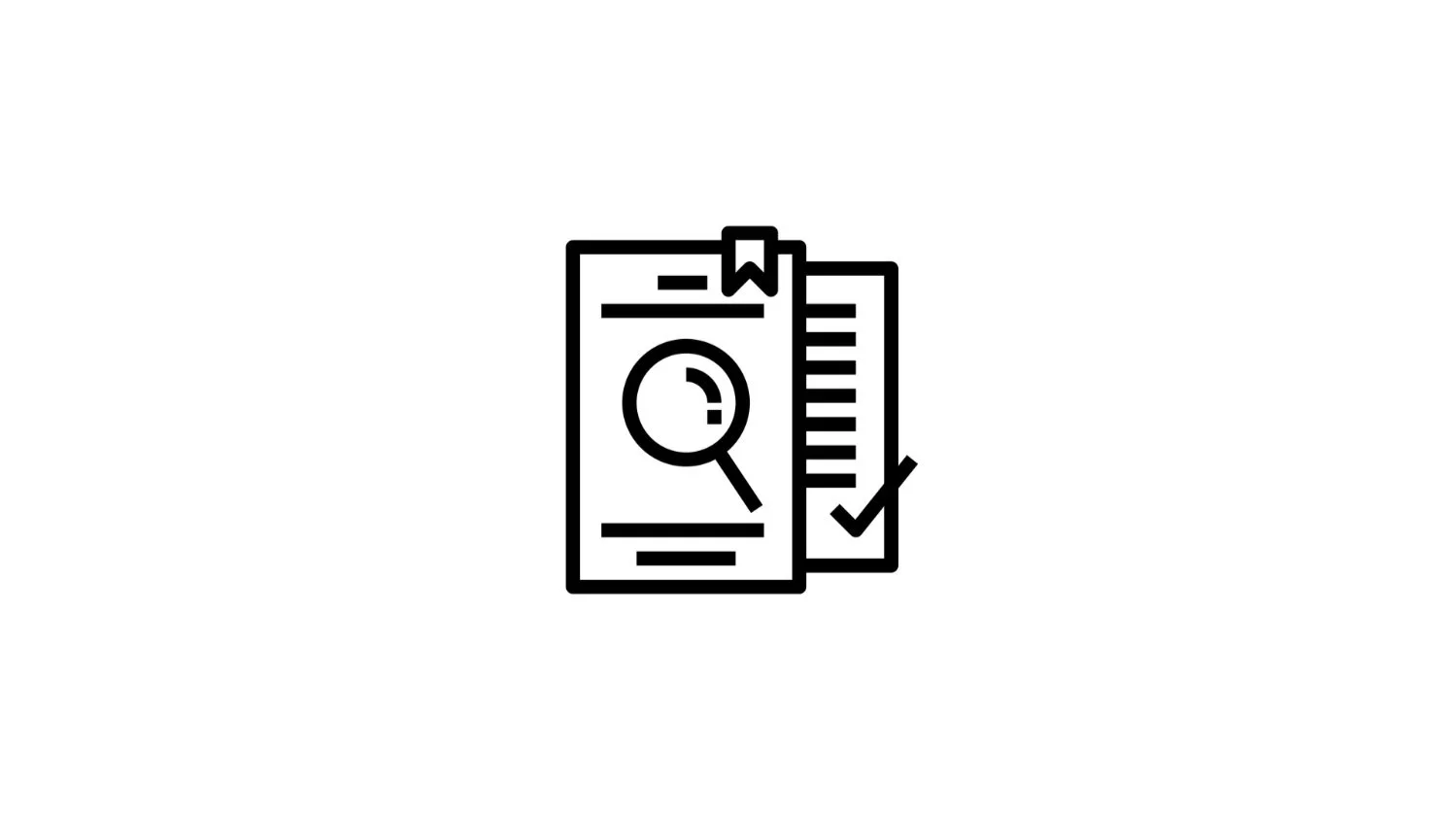Text4Hope
An evidence-based and outcome-oriented daily Cognitive Behavioural Therapy (CBT) program helping people identify and adjust negative thoughts, feelings, and behaviours. Subscribers receive a daily text message of support and encouragement to ease the stress and anxiety they may be feeling. Messages are written by mental health therapists.
Strategies to mitigate unconscious bias
Unconscious bias can affect health workers in many ways, including hiring and promotion as well as patient-clinician and interprofessional interactions. This article describes strategies that can help recognize and mitigate it as well as create an equitable environment in health care.
Drop-in mindfulness sessions for healthcare providers
These 30-minute online mindfulness sessions guided by Canadian health professionals invite health workers to pause and make space to cultivate well-being and self-compassion. They can be accessed live or through videos of practices.
Expressive arts
A creative intervention that aims to address and reduce the psychosocial stress experienced by health workers.
Careforcaregivers
A collection of mental health resources for health workers employed in long-term care, home and community care, or community social services.
Animal-assisted support program for healthcare employees
To conduct program visits for health workers, a partnership was created with a community-based, volunteer-run animal therapy organization. 20 program sessions were held over 3 months and each session was approximately 1 hour long and held in a centrally located conference room.
Guideline on Managing Personal and Practice Health
Provides information on supports and resources for midwives who are experiencing mental health and addiction issues.
ECHO - Coping with COVID
This resource was launched in March 2020 for health workers responding to the COVID-19 pandemic. Participants were invited to join ECHO sessions virtually through multi-point videoconference technology to share and learn about ways to build resilience and overall wellness through didactic lectures and case-based discussions.
RESPITE: Resilience in the Era of Sustainable Physicians
An international, multisite, e-teaching endeavour currently offering an optional resilience curriculum; the online training program is available during each year of residency training to all physicians in training (residents and fellows); the curriculum includes the online module, reading material, and a post-module survey .
Pause, Reset and Nourish Toolkit (PRN)
Strategies to help build connection to each other, ourselves and what is truly important in our lives.
Clinician Well-Being Knowledge Hub
A repository that provides clinicians of all kinds various resources (toolkits, blog posts, reports, research articles, briefs) related to burnout and well-being.
Moral Distress in a Crisis: What, Why and How to Cope
In this episode, nursing ethics leader Cynda Rushton talks about moral distress: what it is, why it occurs, and how it affects us physically and psychologically. She also explores shifts in thinking that can help alleviate distress, and offers her insights for building moral resilience during difficult times.
Pandemic Acceptance and Commitment to Empowerment Response (PACER) Training
An online, blended, skills building intervention to increase the resilience and well-being of participants while promoting their individual and collective empowerment and capacity building. It is based on acceptance and commitment therapy (ACT) and social justice–based group empowerment psychoeducation (GEP).
Setting Boundaries as a Health Care Worker
A short guide about the importance of setting boundaries in health professions.
Conflict Resolution Process and Bullying
This section of the Mental Health Toolkit provides information on how to deal with conflict and bullying in the workplace.
Virtual Simulations to Confront Racism and Bias in Health Professions Education
This article describes the development of an interprofessional educational training session using racial and social justice simulation incorporating trigger films.
Do I Belong Here?
A workshop that aims to discuss the impact of Imposter Syndrome (IS) and develop strategies to confront it at the individual, peer, and institutional levels.
Introduction to Vicarious Trauma for Frontline Workers: A webinar
This two-part miniseries help frontline workers in developing an awareness and connection between the impacts of one’s own experiences, how to recognize signs leading to vicarious trauma, and learning strategies to help address vicarious trauma.





















